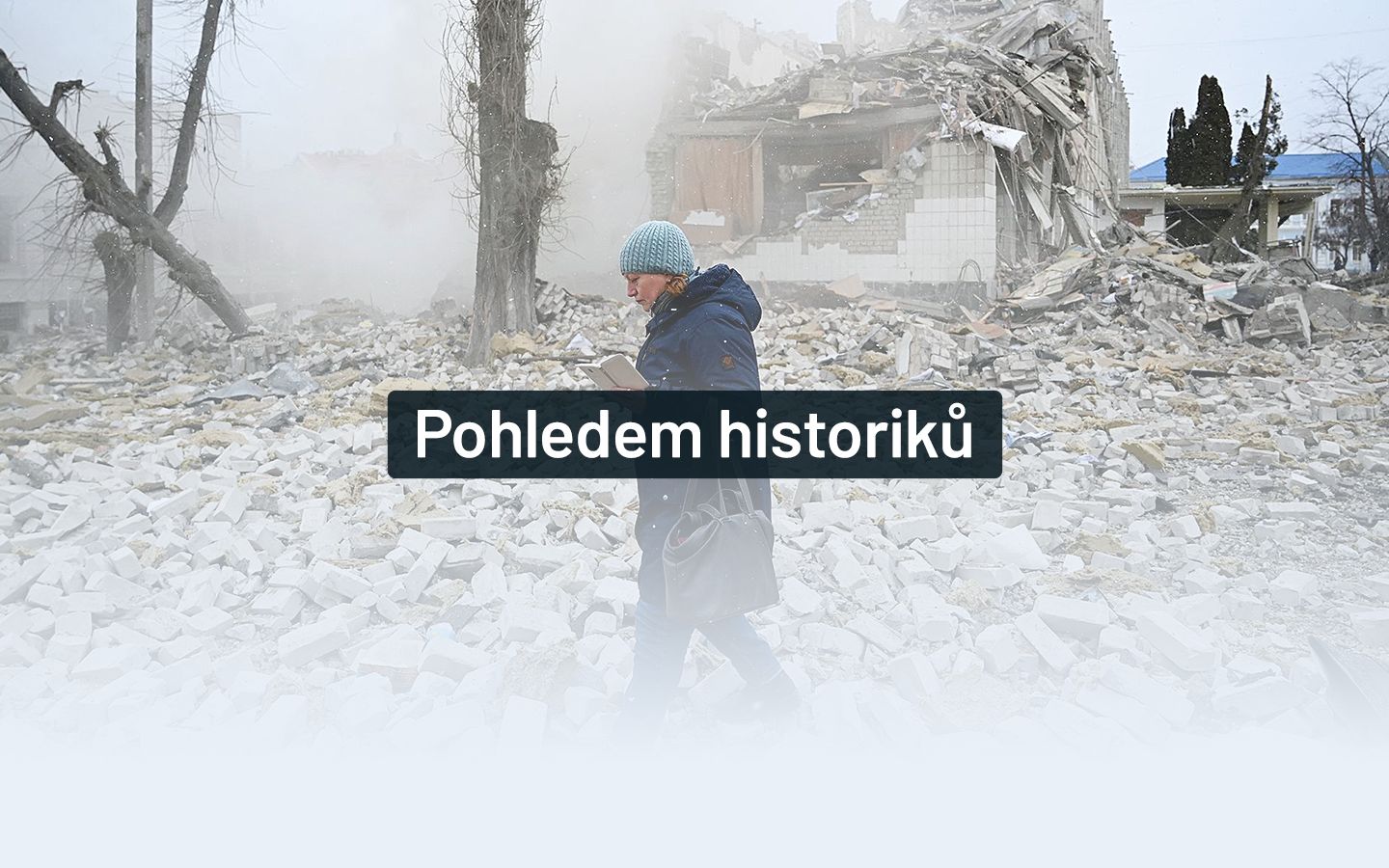Did the attack on Ukraine, backed by the West with arms supplies and sanctions against Russia, create a new iron curtain, similar to what we know from the second half of the 20th century?
In my opinion, the manufacture of iron curtains is not on the agenda and I consider it impossible in the long run. It is only possible if Russia is forced to withdraw from Ukraine and then – as a pariah of the world community – fortify itself along with Belarus on its northern borders. But Russia’s Putin will not withdraw from Ukraine in such a way, because the Kremlin dictator will definitely not lose 0:5. And if, on the contrary, he is ousted, then any future government will probably try to break the unprecedented isolation that Putin has brought to Russia and Russia.
On the other hand, Russia does not have sufficient economic resources for a long-term occupation of the vast territory of Ukraine with the creation of an iron curtain on its western and southwestern borders – especially under conditions of increasing Western sanctions. The occupation will be met with long-term resistance, and Russia’s repressive apparatus will have to number in the hundreds of thousands. This is, of course, a question of whether China would be prepared to fund such an adventure and litter itself with selfless support for Putin in exchange for cheap Russian oil and gas.
It is clear that Vladimir Putin mainly played the role of a great unifier. Already since 2014, he has been gradually consolidating the Ukrainian state, including most of the previously “pro-Russian” in the east of the country. And now he too has unified the Western world to a degree not seen since at least the end of the Cold War. Stalin did something similar between 1948 and 1953—first by blocking West Berlin and then by supporting Kim Il-sung’s aggression against South Korea. But this time, anti-Putin and de facto anti-Russian unity also prevailed in Middle Eastern European countries, which previously belonged to the Soviet bloc, and, unprecedentedly, neutral countries, including Switzerland.
The aggression was so appalling and unjustified that even politicians in our country and in other countries were suddenly forced to condemn it, which hitherto had been paid for from Russian sources and for many years, completely in line with the policies of the Kremlin leadership, had trying to erode the main alliance and integration structures with their activities in the democratic West, namely NATO and the European Union, but also the basic foreign policy consensus in their countries.
Only apparently. As long as there are major trade exchanges between Western countries and Russia regarding fossil fuels, we are inadvertently financing wars. The Iron Curtain during the Cold War was also far from impenetrable, but even as tensions between the West and East eased, it was more about diversifying the West’s fuel sources, for example after the oil shock. The exchange of modern technology was severely restricted, and this was one of the reasons why countries under Soviet control were exhausted economically. Their economy is not nearly as efficient as Western Europe or America.
Two similar economic models are now facing each other, although Russia certainly cannot be called a developed economy, when its resource is mainly the sale of raw materials, and not finished products with added value. In any case, the sanctions imposed will limit Russia’s possibilities and development, but it is about their duration and further impact.
Moreover, compared to the Cold War, there is an erratic China, which so far looks more like a Putin supporter, stated in the strategic partnership agreement. During the Cold War, on the other hand, relations between China and the Soviet Union were somewhat strained, and they even fought a brief war on the border in 1969. Compared to the days of the Iron Curtain, we find little in common.
I believe that the current direction of Russia’s policy will be towards the immense isolation of Russia and the impoverishment of the majority of the population. Whether this will be enough to bring about the necessary regime change in a country like Russia, no one can guess today. After all, this is a country where, under the rule of a strong hand, mass brainwashing by state media, repression of its own citizens to express opinions freely or massive corruption, nepotism and omnipotence of loyal oligarchic regimes take root. And this system has been built there for a long time, and most of the population still agrees with it. After all, the only ones who can really turn Russia into a country where lies and aggression are not legitimate political tools are the Russians themselves. And let’s keep our fingers crossed for them.
None of the Iron Curtain comes close to the level of political, economic, cultural and sporting isolation of Russia today. To illustrate: in response to the occupation of Czechoslovakia in August 1968, the European football union UEFA decided to change the draw for the first round of European competitions so that teams from countries that intervened in Czechoslovakia would play against each other, not against teams from Western Europe.
We don’t know if a game like that will be okay in the second half two weeks later. Such a test of UEFA’s assertiveness did not take place, as the football associations of the five interventionist nations withdrew their teams from the 1968/69 competition in protest against the new draw.

“Certified bacon geek. Evil social media fanatic. Music practitioner. Communicator.”







